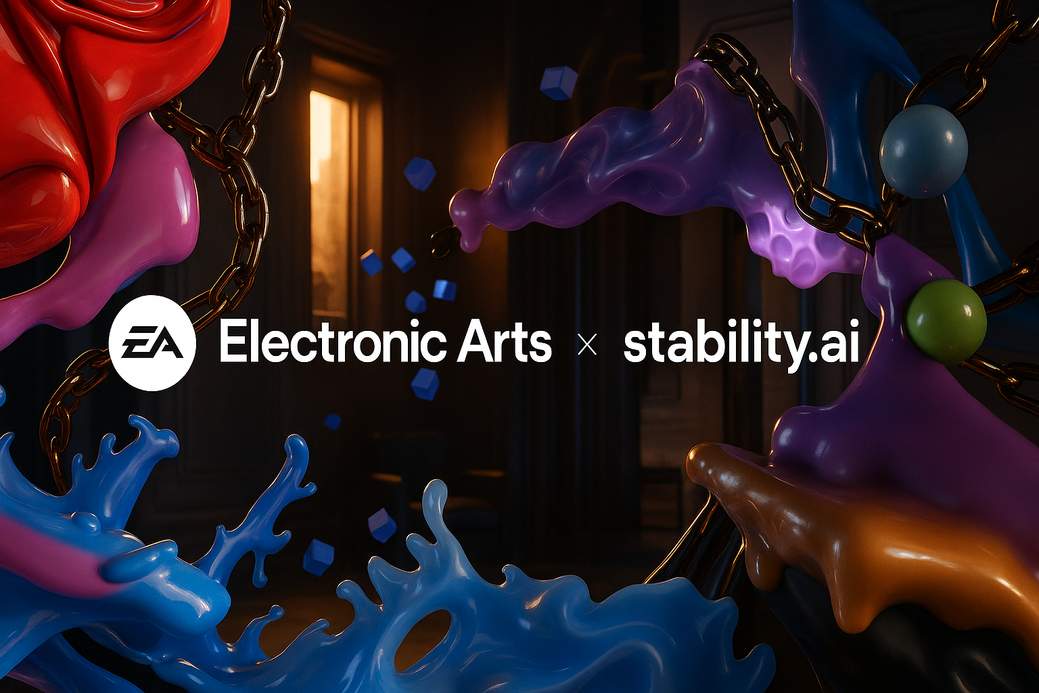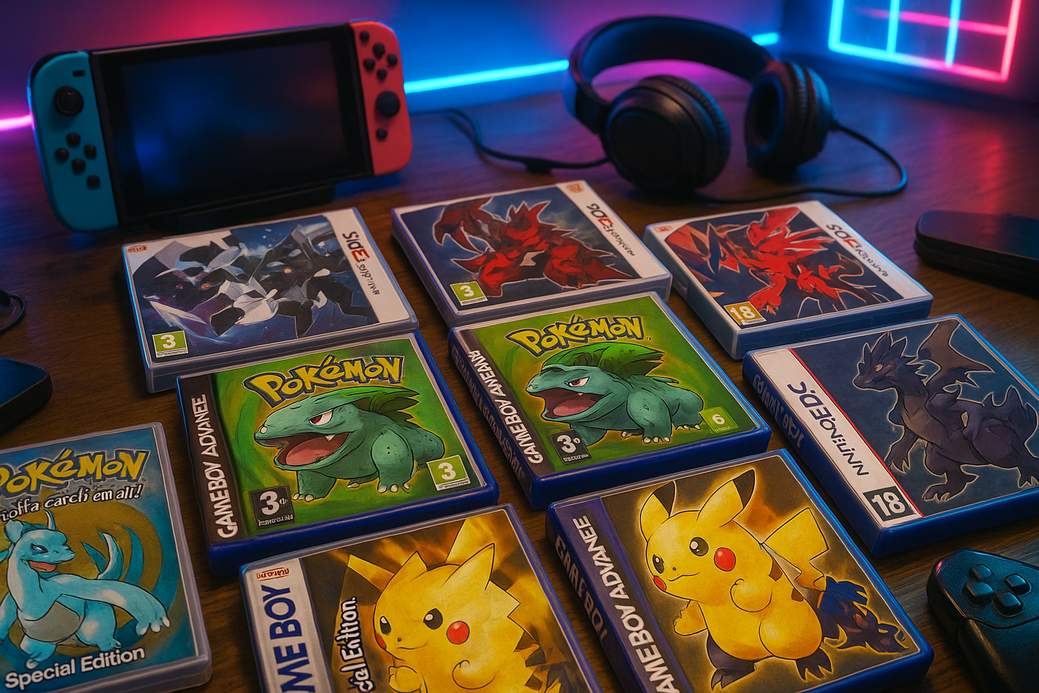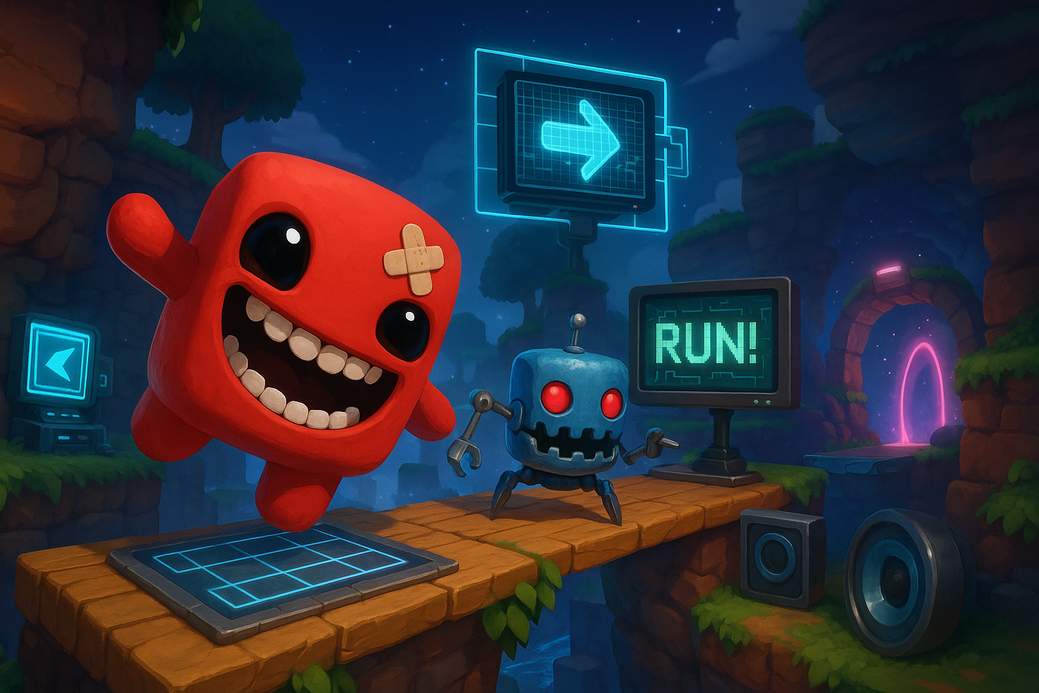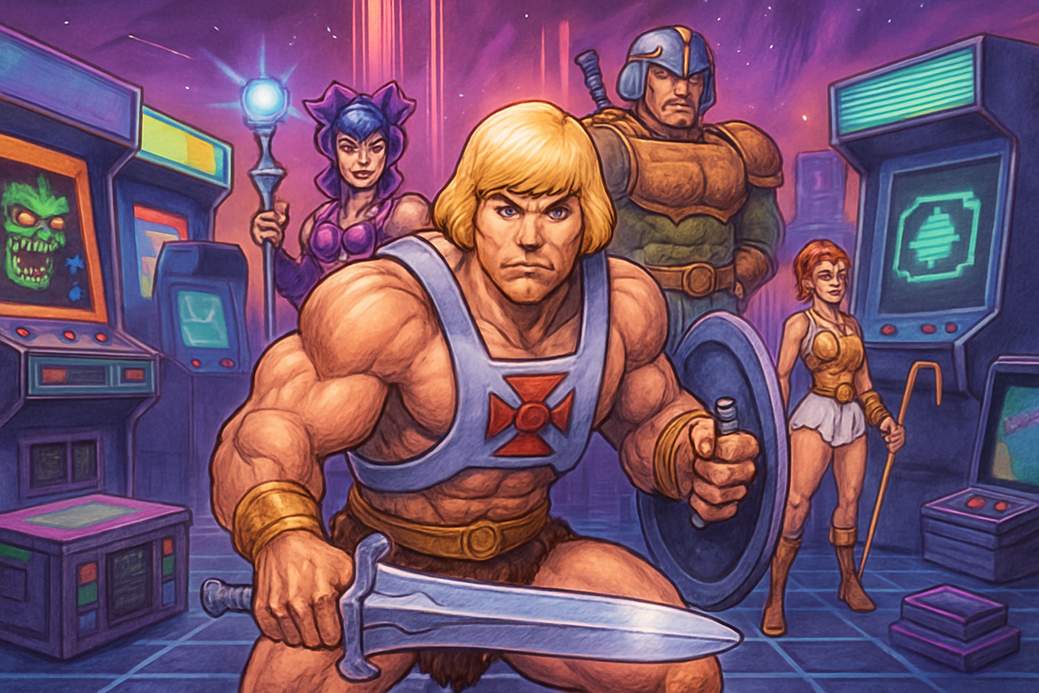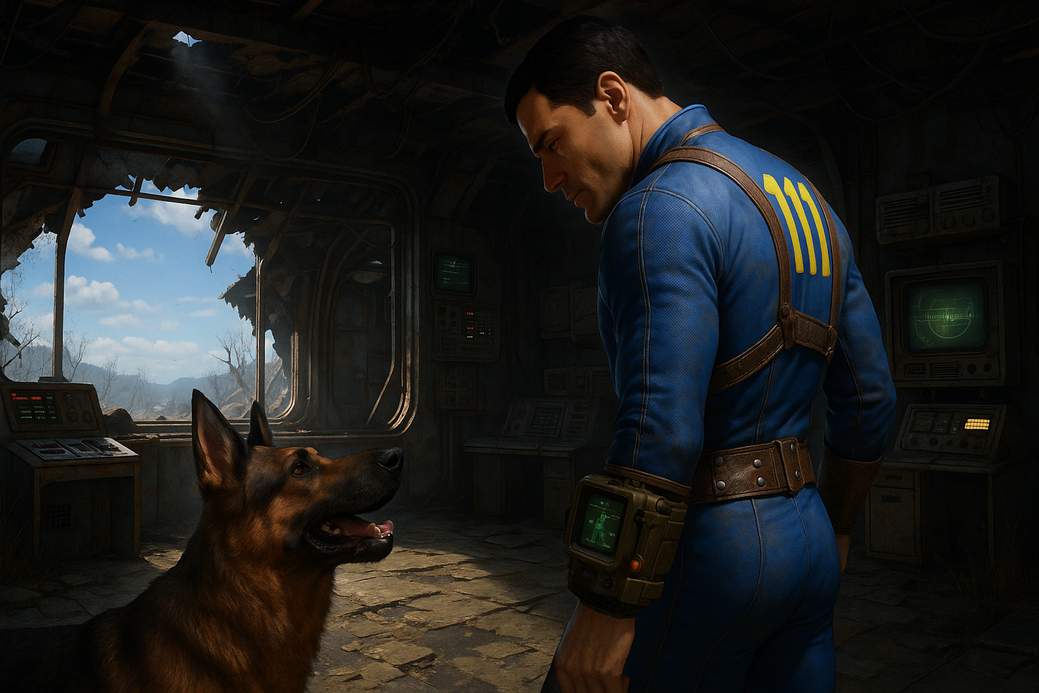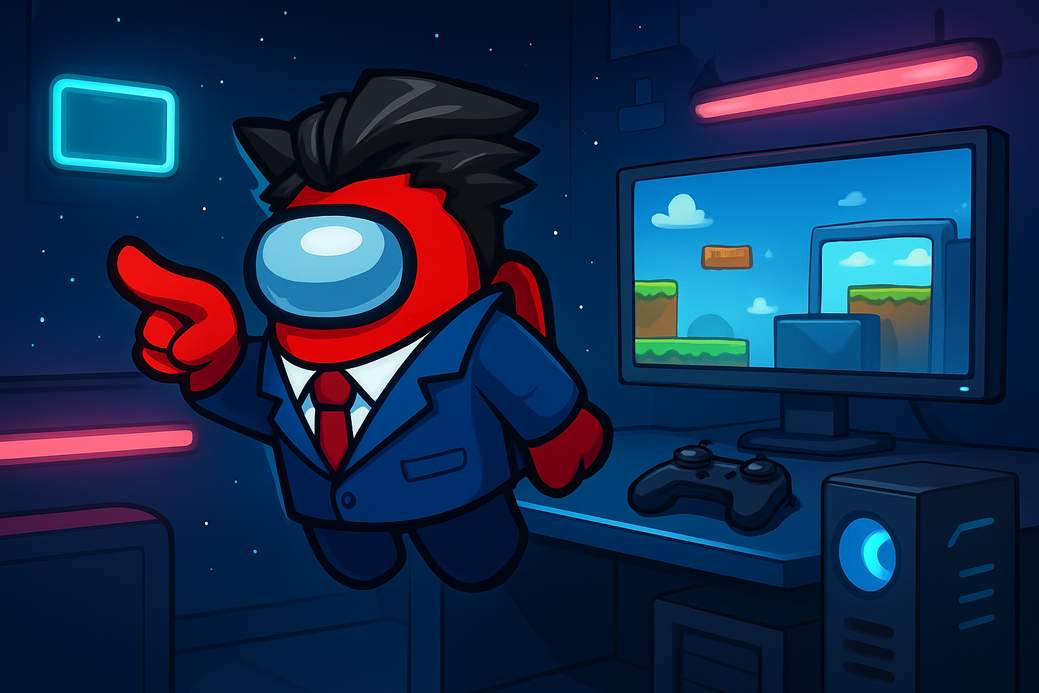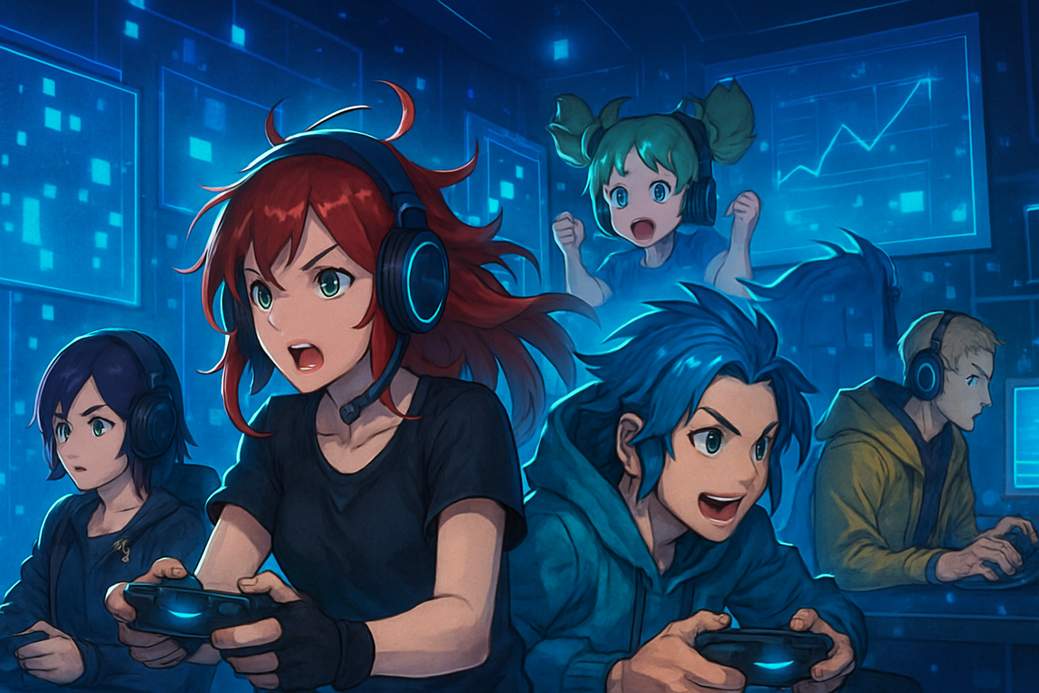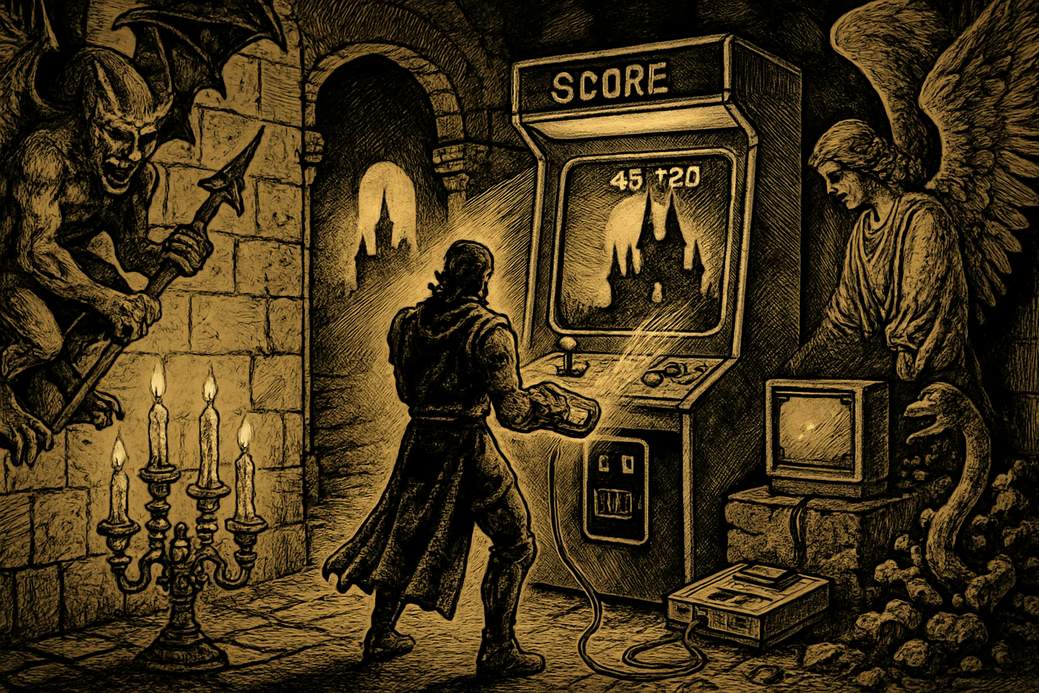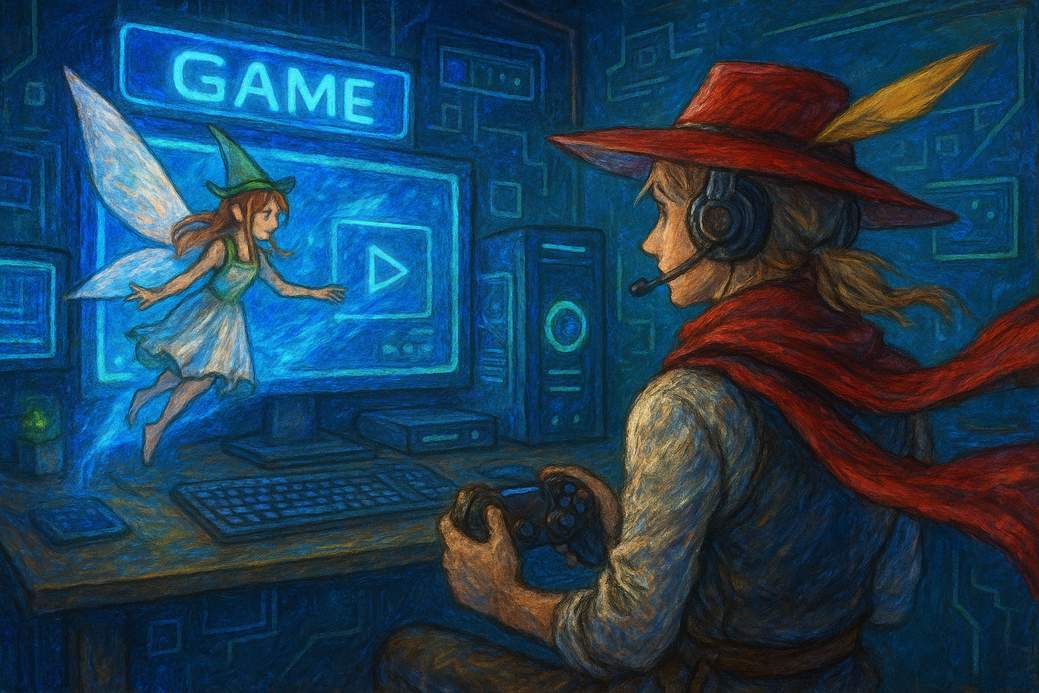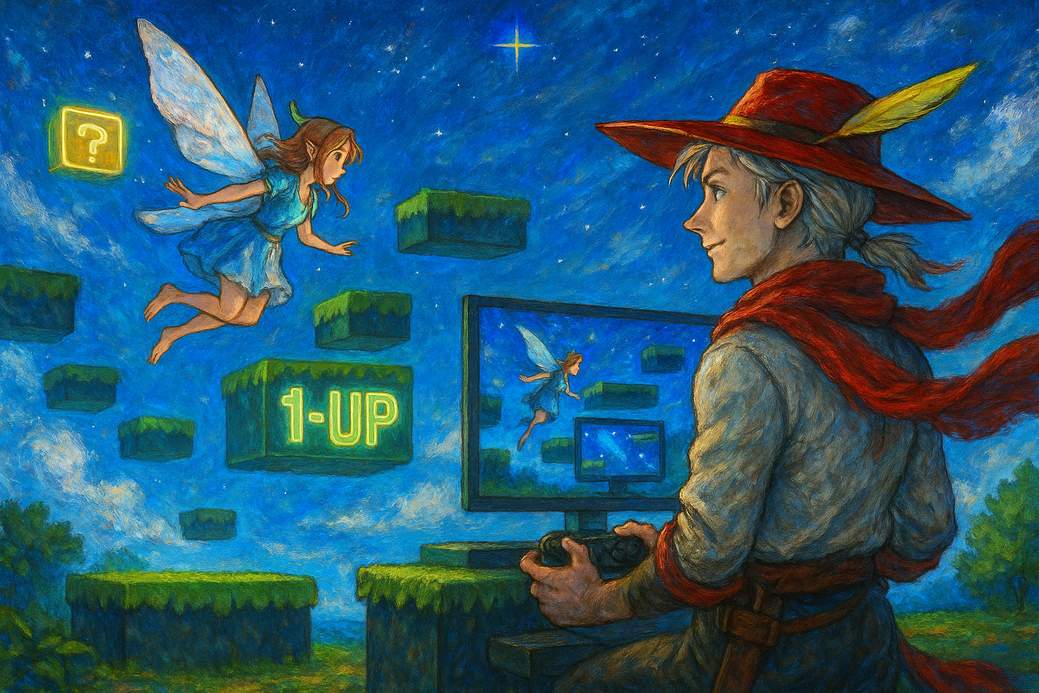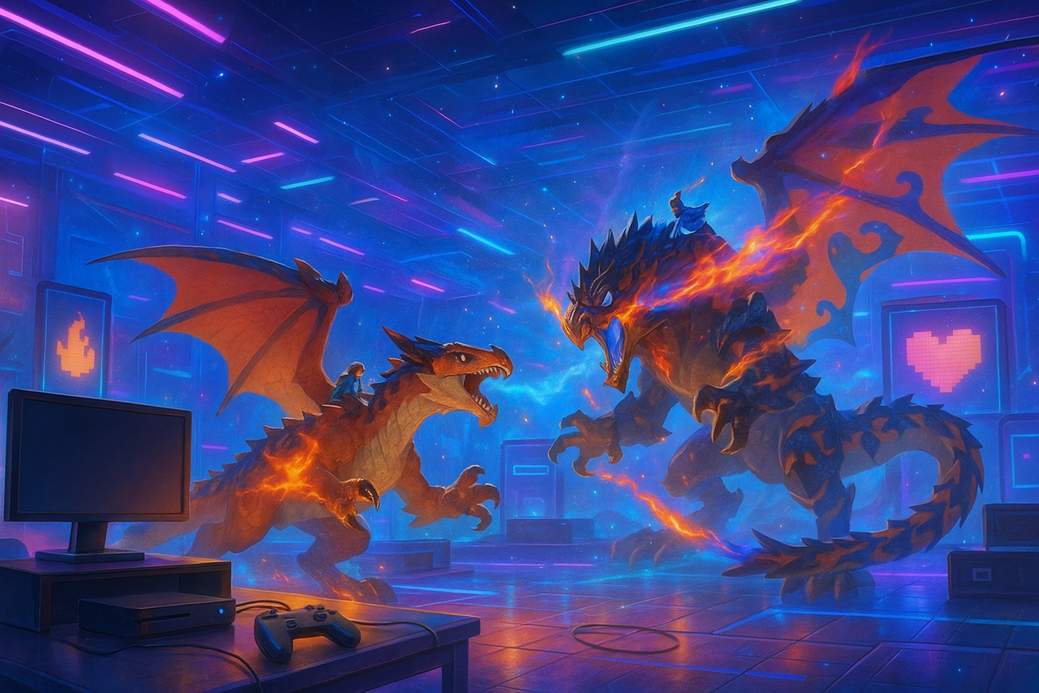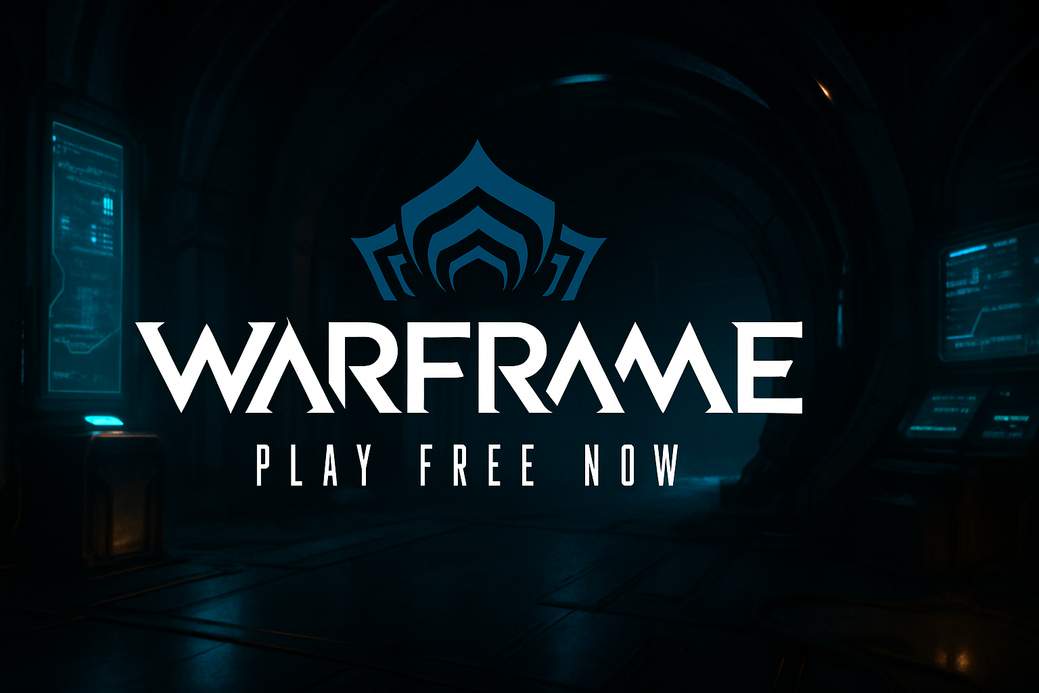Quick take
EA has been busy lately — a huge buyout, lots of headlines, and now a shiny new partnership with Stability AI. In short: EA wants to fold generative AI into its game-making toolkit, and Stability AI (yes, the folks behind Stable Diffusion — and a board that includes James Cameron) will help build the tech.
What they say the partnership will do
According to the announcement, the two companies will work together to create generative AI models and workflows aimed at speeding up creative tasks. The pitch is that these tools will let EA’s artists, designers, and developers prototype faster, iterate more, and explore ideas they might not have time to try otherwise.
EA’s spin — “AI helps, people lead”
EA insists humans remain in charge. Their message: AI will be an assistant that drafts, generates, and analyzes — but it won’t replace human imagination, empathy, or dreams. Translation: expect automation for repetitive or time-consuming parts of game production, while final creative decisions should still come from people (for now).
Why some folks will roll their eyes (or rage)
It’s not hard to see why this is a hot-button announcement. People worry about jobs, creative credit, and AI training methods. EA’s history — big sports franchises, big controversies — makes some players and devs suspicious of any move that promises efficiency. Add a headline-making investor background and you’ve got a recipe for loud takes online.
How this might actually change games
If the tech works as promised, expect faster asset creation, quicker prototyping, and maybe even new in-game content pipelines that let teams try stranger, wilder ideas without blowing schedules. On the flip side, there are risks: inconsistent art styles, legal and ethical headaches around training data, and the classic ‘‘does it feel human?’’ question in storytelling and character work.
So is this good or bad?
It’s both. The tools could free devs from tedious tasks and open creative doors — or they could introduce new problems we haven’t fully thought through. The outcome will depend on how EA implements the tech, how transparent they are about its use, and whether teams use AI to augment creativity rather than automate it away.
Your turn
What do you think — excited for faster pipelines and wilder ideas, or bracing for corporate AI shortcuts and talent churn? Drop a comment and share your hot take.

